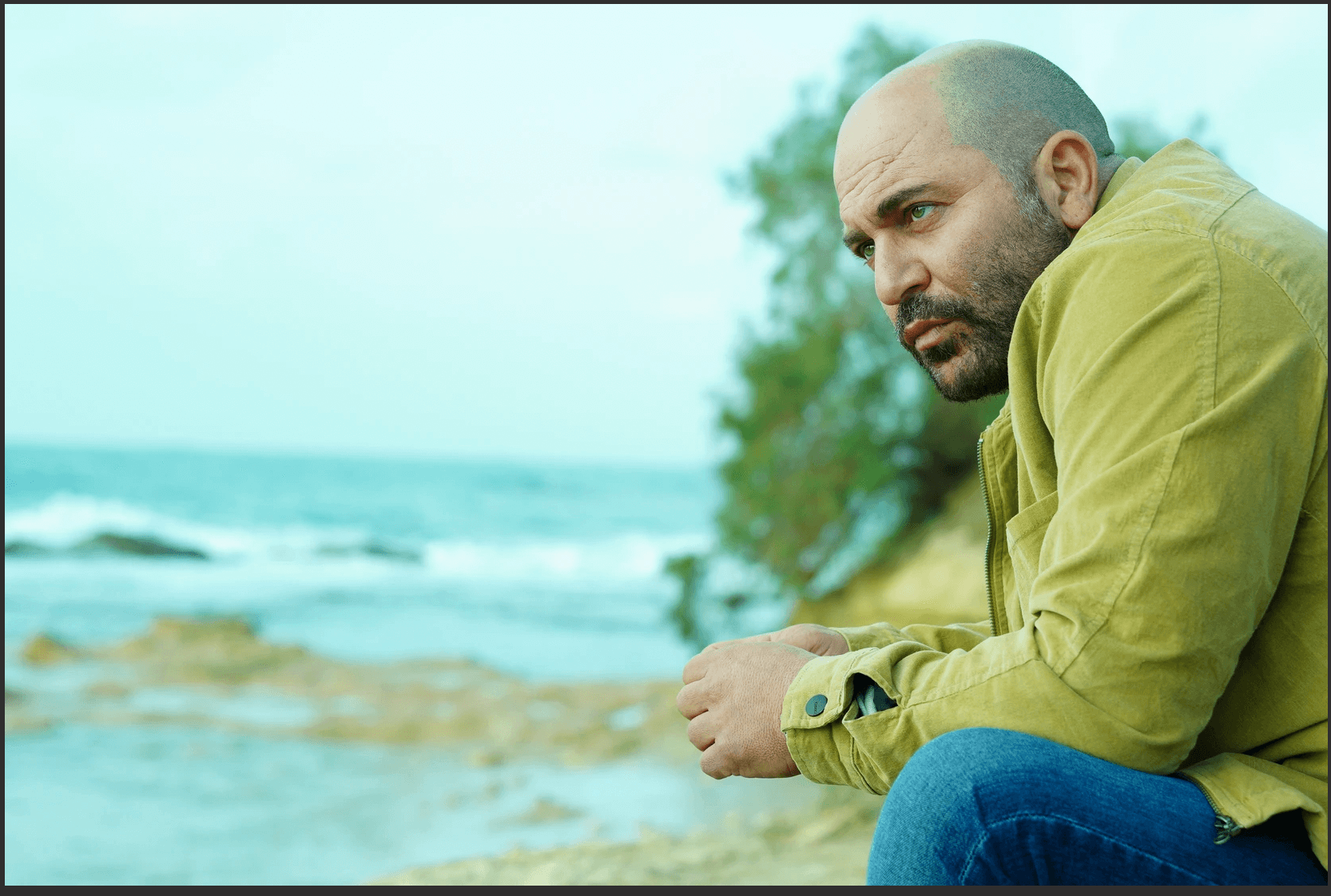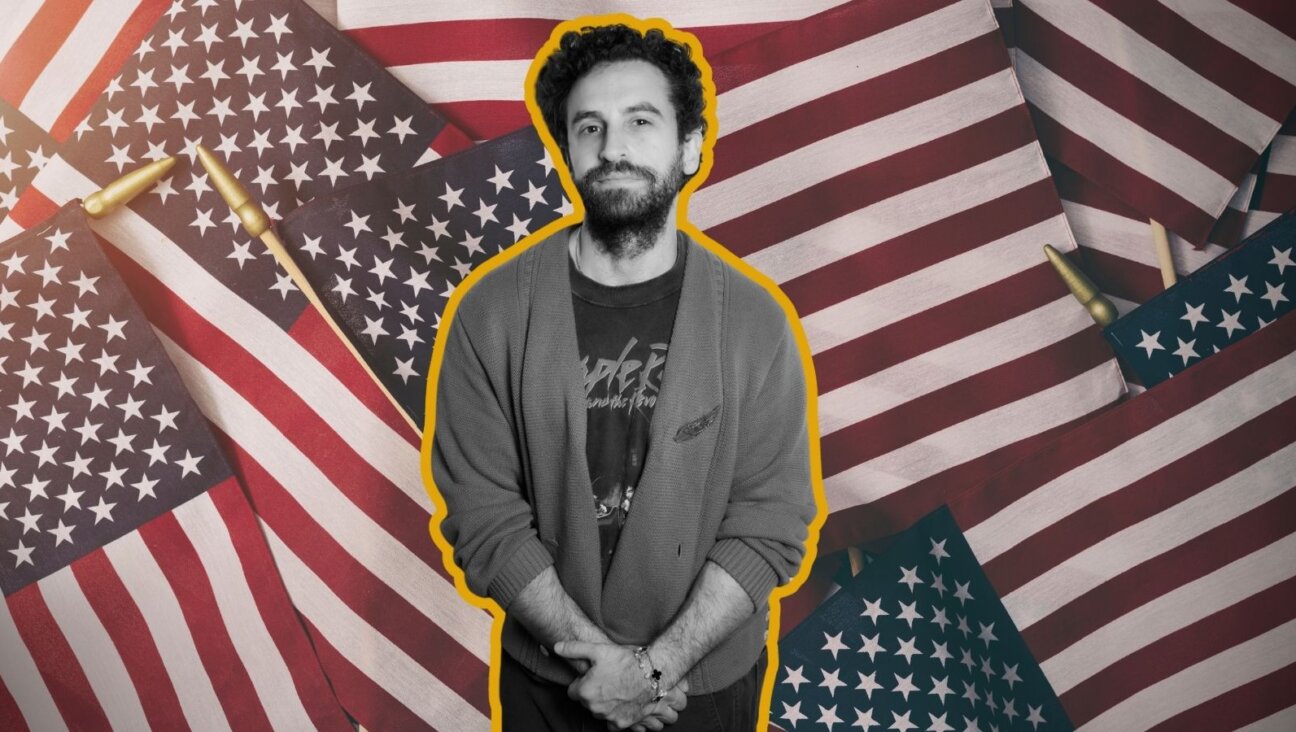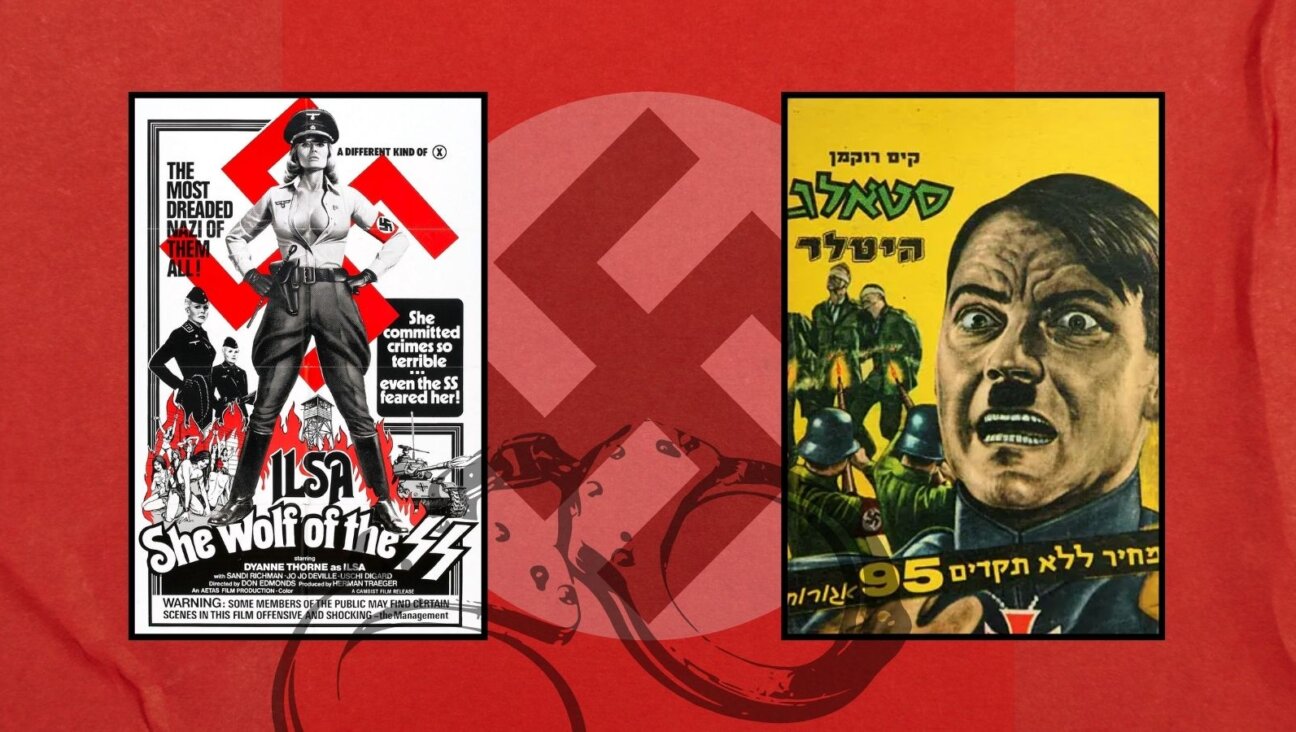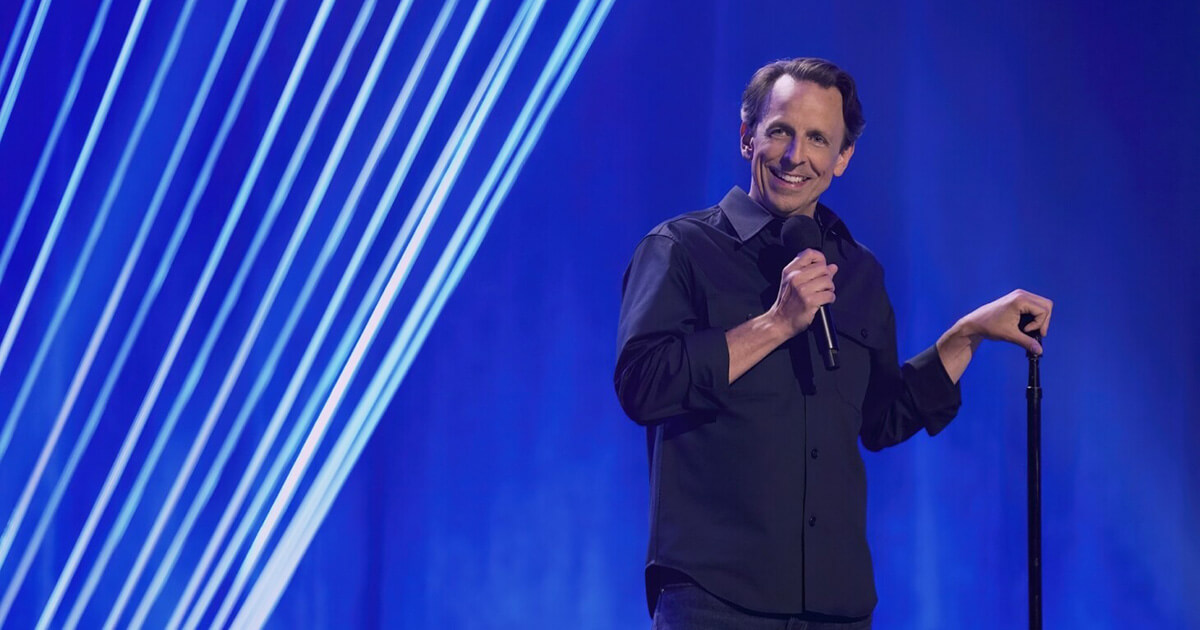In season 4 of ‘Fauda,’ Israeli tactics come under fire — and so do the show’s heroes
Doron and his crew reach a breaking point, but is it believable?

Lior Raz returns as Doron in season four of Fauda. Photo by Elia Spinopolus
Each season of Fauda features a new director and writer and the same kind of fool-proof formula.
Co-creator and star Lior Raz’s Doron Kavillio is dragged back into the field, where he quickly disobeys orders. A major character dies or is captured and an informant flips. There is always some moment of moral crisis when an operation causes undue harm. Revenge, legacy and the harms of deceit are perennial themes.
But Fauda’s durable formula has never been able to keep pace with the reality on the ground. Nor could this season, which began airing in Israel before the country’s last election, anticipate a fresh set of concerns about the fate of its democracy and nationalism timed almost exactly to the season’s American debut on Netflix.
So while season four begins in Jenin, a West Bank city that is in the news almost daily for clashes between the IDF and militants, we spend little to no time in the occupied territories where Netanyahu’s government plans to expand settlements. Instead we are off to Belgium, to Syria and to Lebanon as Doron and company try to ferret out the location of their captured mentor and thwart a rocket attack. This season’s enemies, while once residents of the refugee camp in Jenin, are doing Hezbollah’s bidding. Hamas doesn’t appear at all — except when Doron and his undercover company are posing as members.
The series, maligned by some for airbrushing the realities of the occupation while boasting a balanced view of the conflict, is still evasive in its ways, but director Omri Givon and writer Noah Stollman have added something new to the mix. This season, more than any other, considers the cost of combat on the aging unit and, in perhaps its most daring move, questions the wisdom of the IDF’s tactics.
In a briefing room scene, unit leader Eli (Yaakov Zada Daniel) talks back to his superiors, who advise against a risky raid to recover Captain Gabi Ayub (Itzik Cohen), who is a Hezbollah hostage.
“You’ve sent agents to risk their lives based on a lot less intel,” Eli says, mentioning Gilad Shalit, who in 2011 was recovered in a prisoner exchange, only after “the whole IDF was sent in” to Gaza. (One of the prisoners exchanged for Shalit was Amir Abu Sarhan, the man who killed Lior Raz’s girlfriend, Iris Azulai, in 1990.) Eli also brings up Ron Arad, an air force soldier believed captured in 1986 — and who was never found despite a massive investment of manpower.
Interestingly, in the next episode, Hezbollah heavy Haj Ali also mentions Arad while describing what the IDF did to one of his men.
“We brought in doctors, psychiatrists but nothing helped,” he tells Ayub. “You stopped at nothing. You beat him up, tortured him, and why? To get intel about Ron Arad who’d been out of our hands for six years. You knew that, and yet, you humiliated him.”
Naturally, Haj Ali has little right to the moral high ground, but by having him invoke Arad, the show invites a more philosophical variation of Eli’s point: Too much was risked for no tangible reward.
While we see Shin Bet command pushing for caution, refusing drone strikes near civilian populations, we also witness them striking those they’re interrogating with binders or fists.
In the past, Doron’s unit chafed at restrictions, but in the new season the whole security apparatus may be taken to task for its excess. At least if viewed with some critical remove.
In a piece for Haaretz, Itay Ziv said that Fauda “has become one of the most important and few channels through which we can understand the enormous resources poured into the occupation undercover unit.” The ability for the war room to have eyes on great swathes of the Middle East or jam the mechanisms of boom gates across borders, point to what he calls a “spectacular waste, the subjugation of the best brains and institutions to chase after Arabs.” The show never directly makes a point about overdone surveillance, but does demonstrate how normal residents of Jenin fear the IDF leveling their homes or arresting their families.
Ziv doesn’t weigh in on the other major waste: that of the wreckage of Doron’s teammates’ home lives. But here is where the show feels less than credible, if all the more thrilling, for that compromise.
The unit has finally hit a breaking point, even though it suffers no major casualties and largely succeeds in its mission du jour. This is of course the emphasis, even as sympathetic Palestinian characters — and one child — bear the brunt of their spycraft. To make their anguish feel earned, or to balance the ledger, the odds shift dramatically in the final episode.
Despite all those tremendous resources — the “predator” drone, the support of IDF soldiers — Doron and his team are in trouble. The showdown is as electrifying as it is improbable. It’s revealing little to say it could never happen but for a twinge of conscience (or protocol) over collateral damage.
As always, Fauda plays with antiheroes and issues a pro forma critique of Israeli society, but the good guys are still the good guys.























